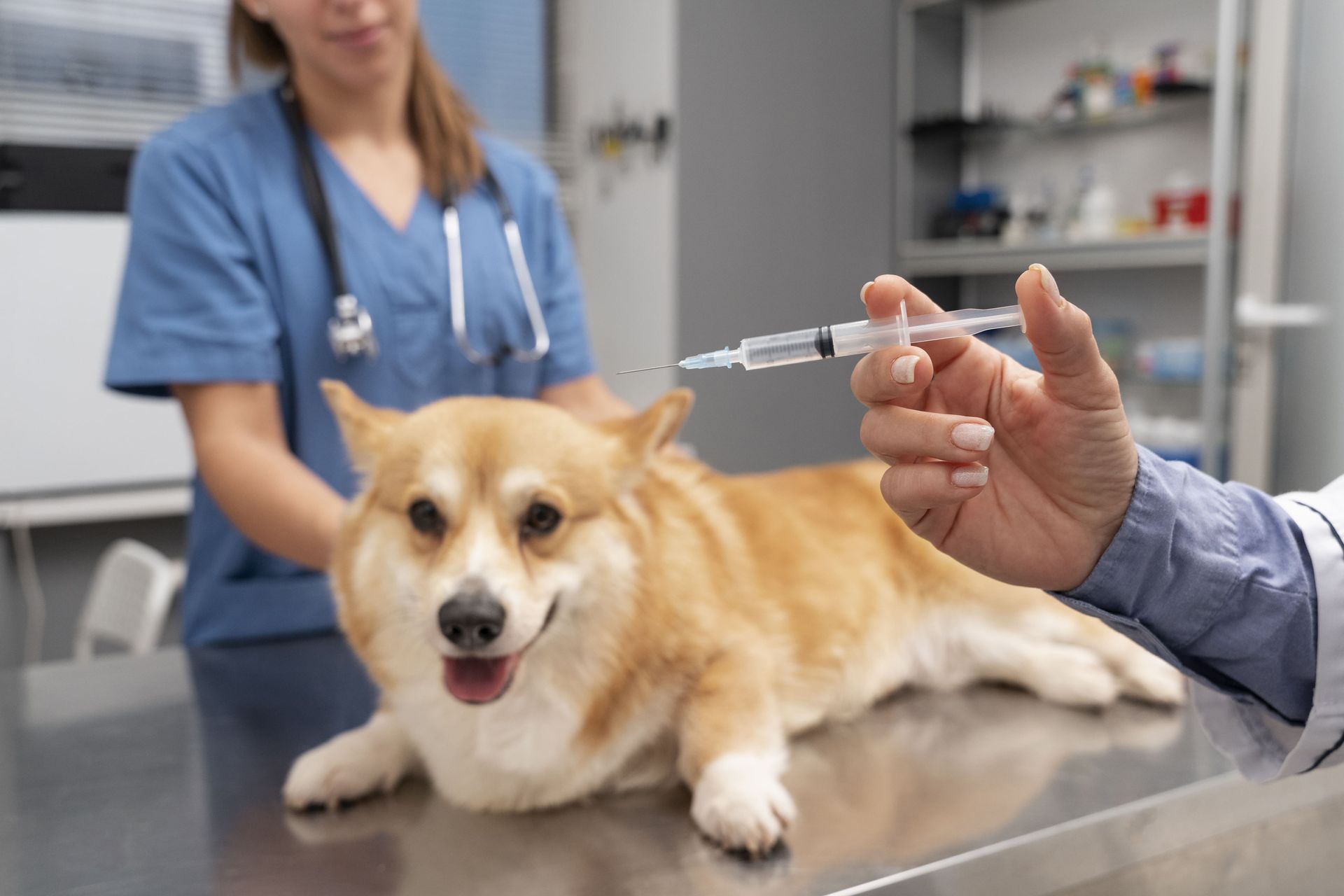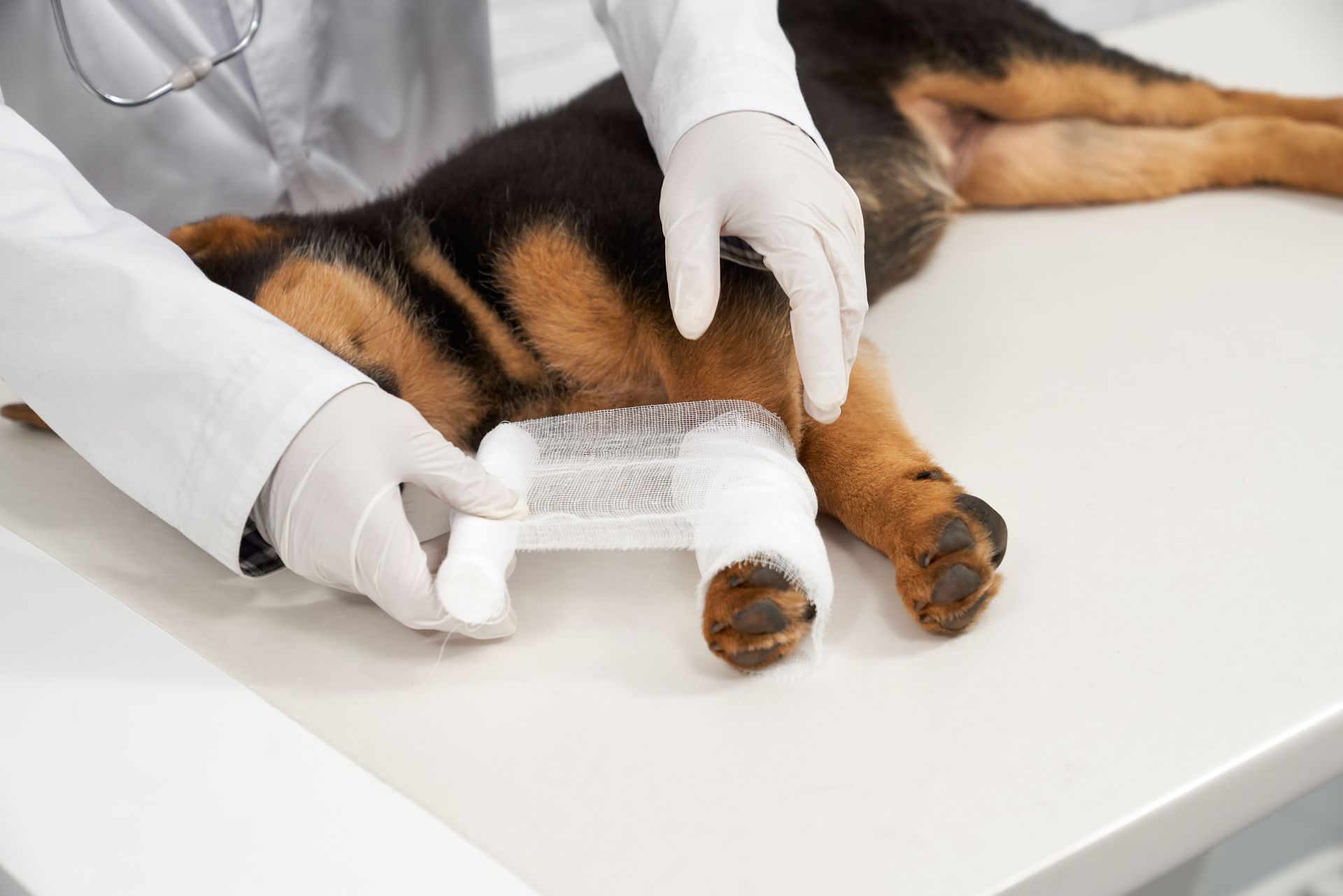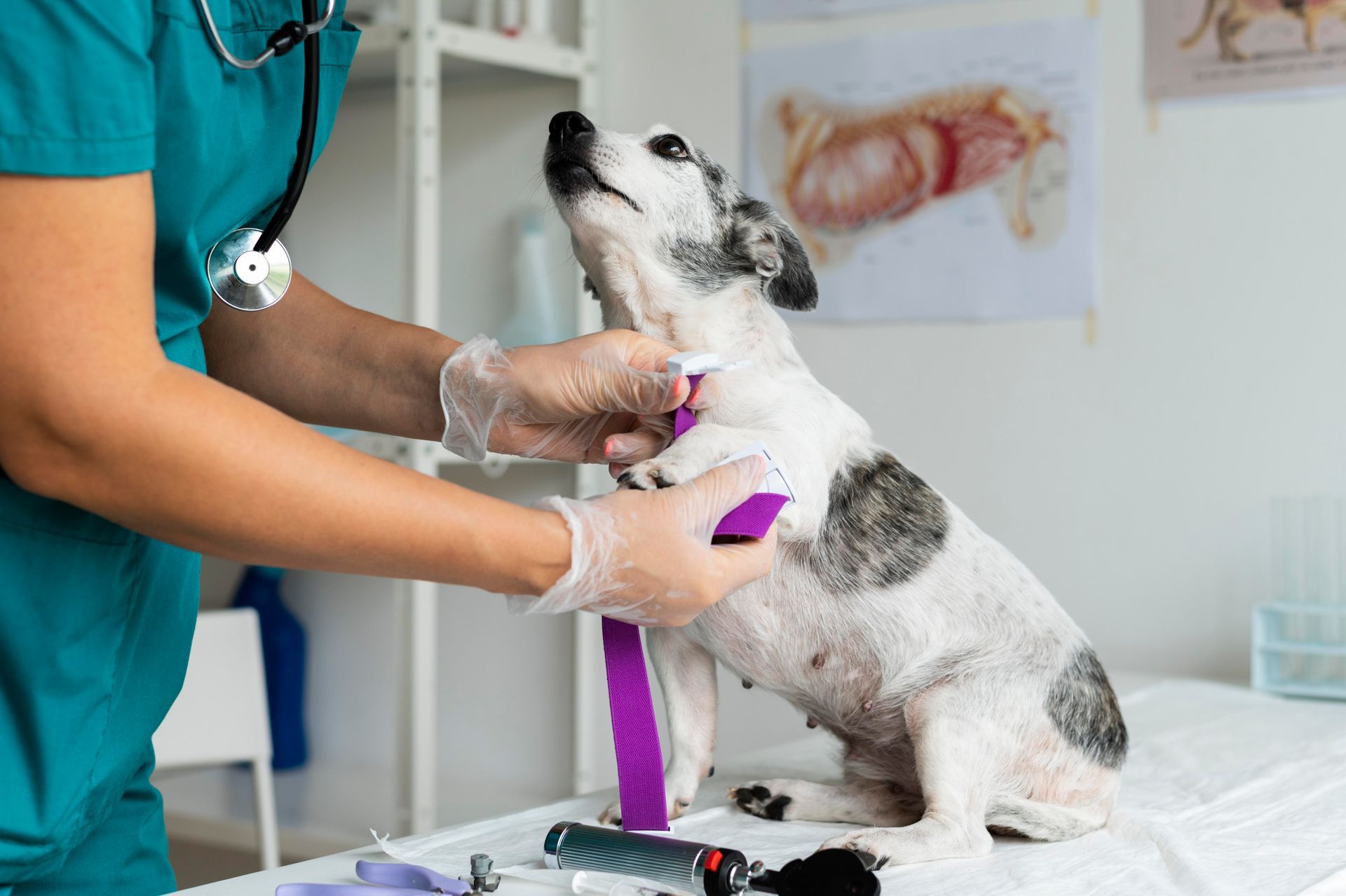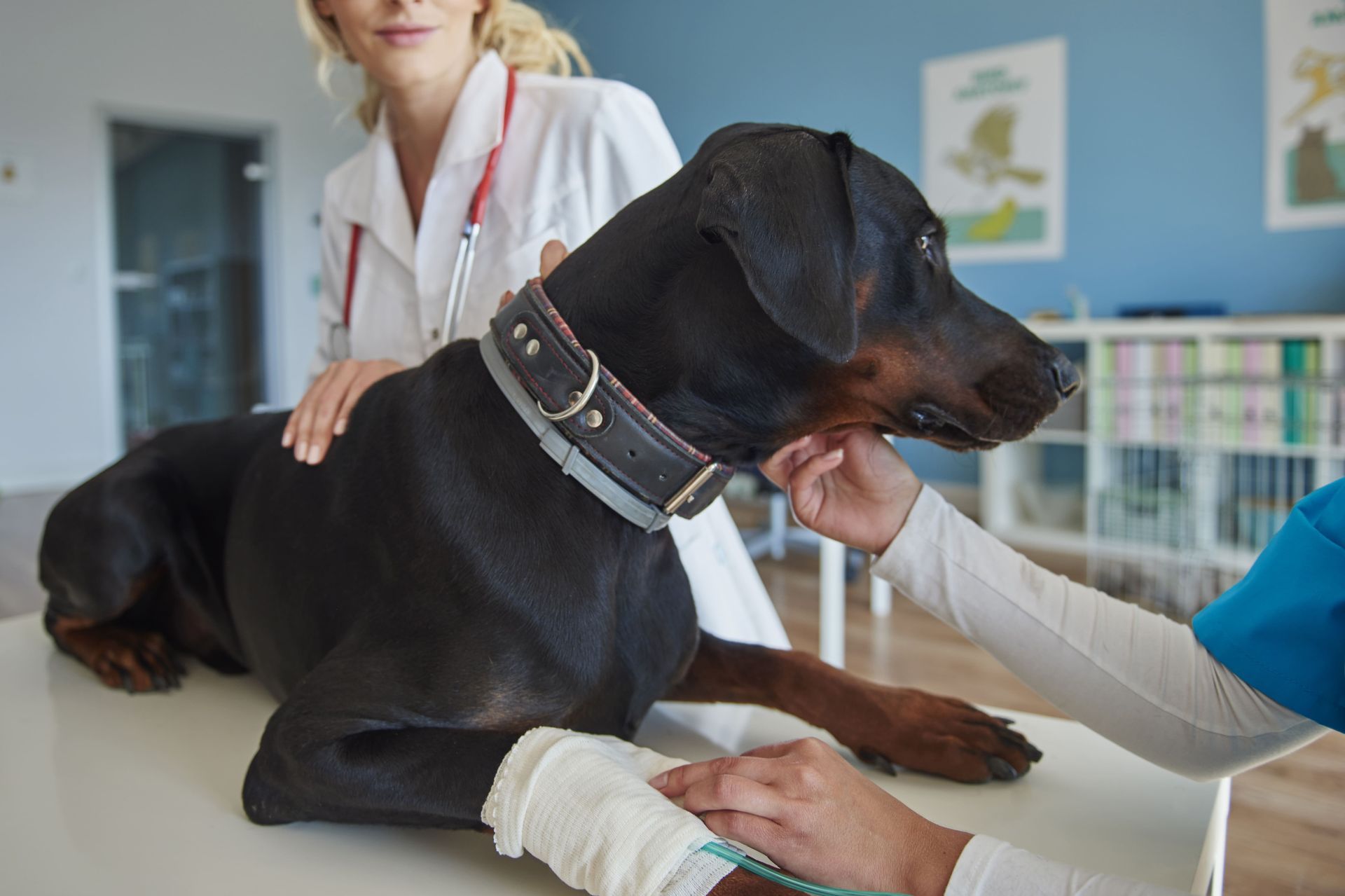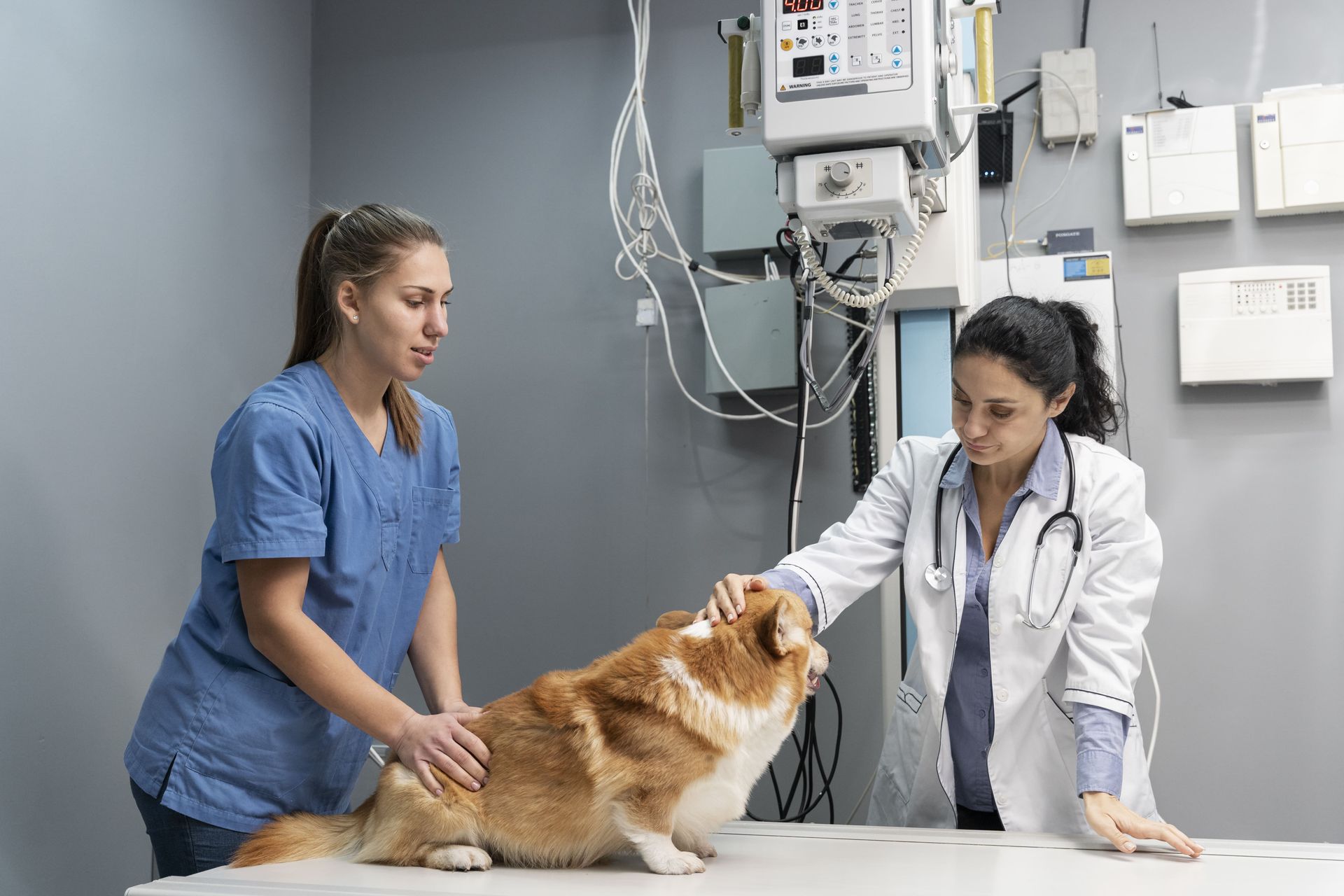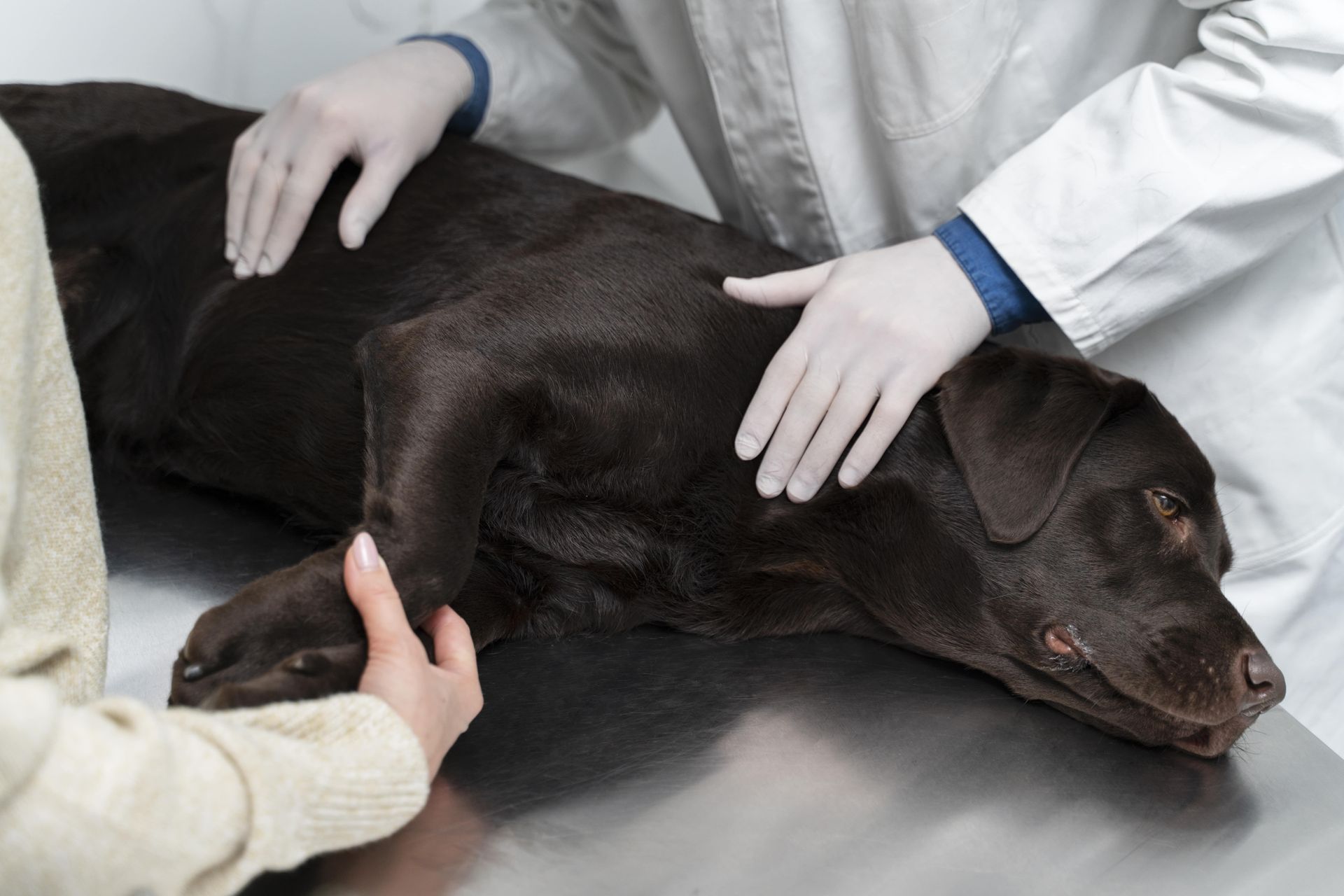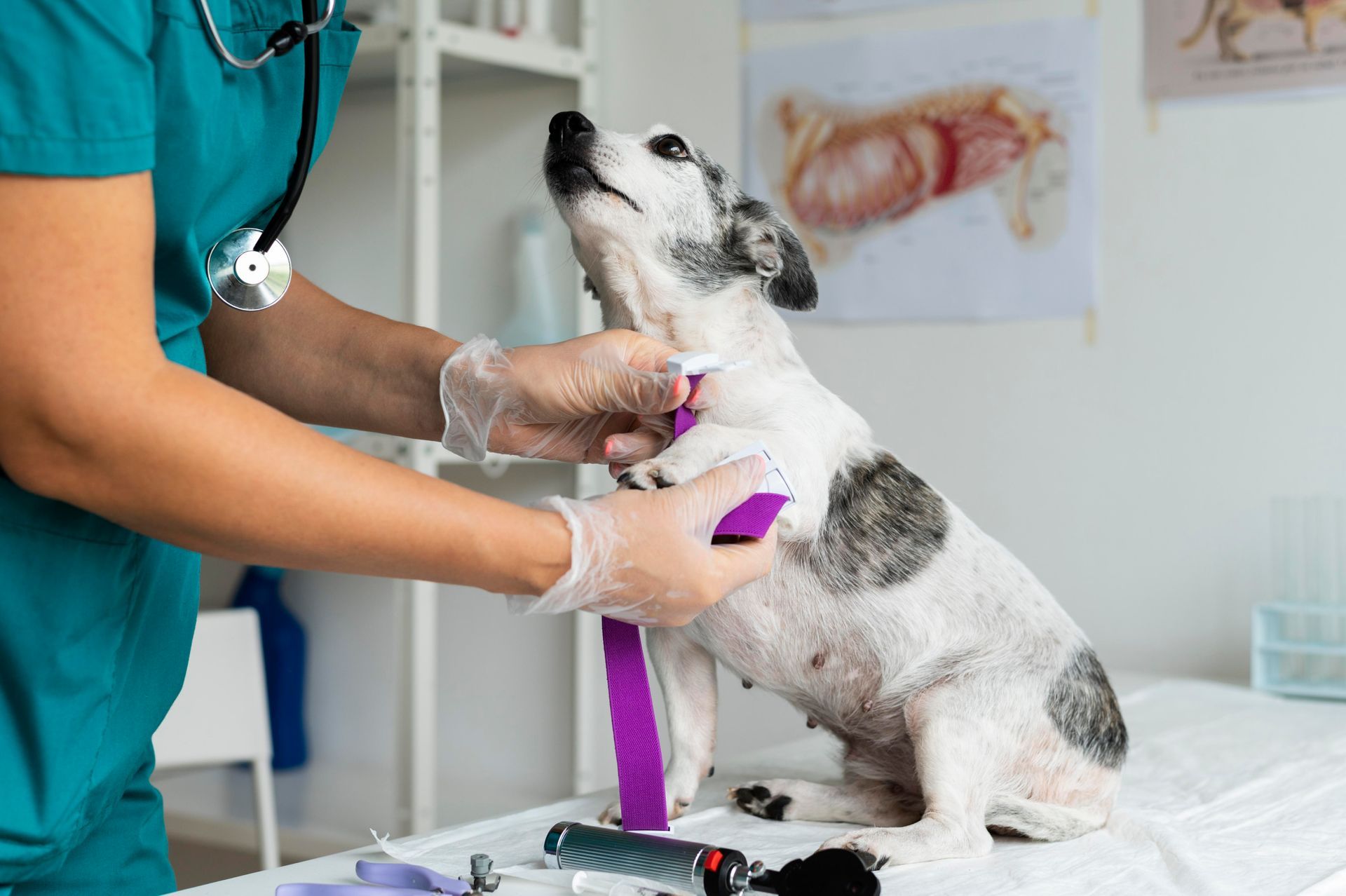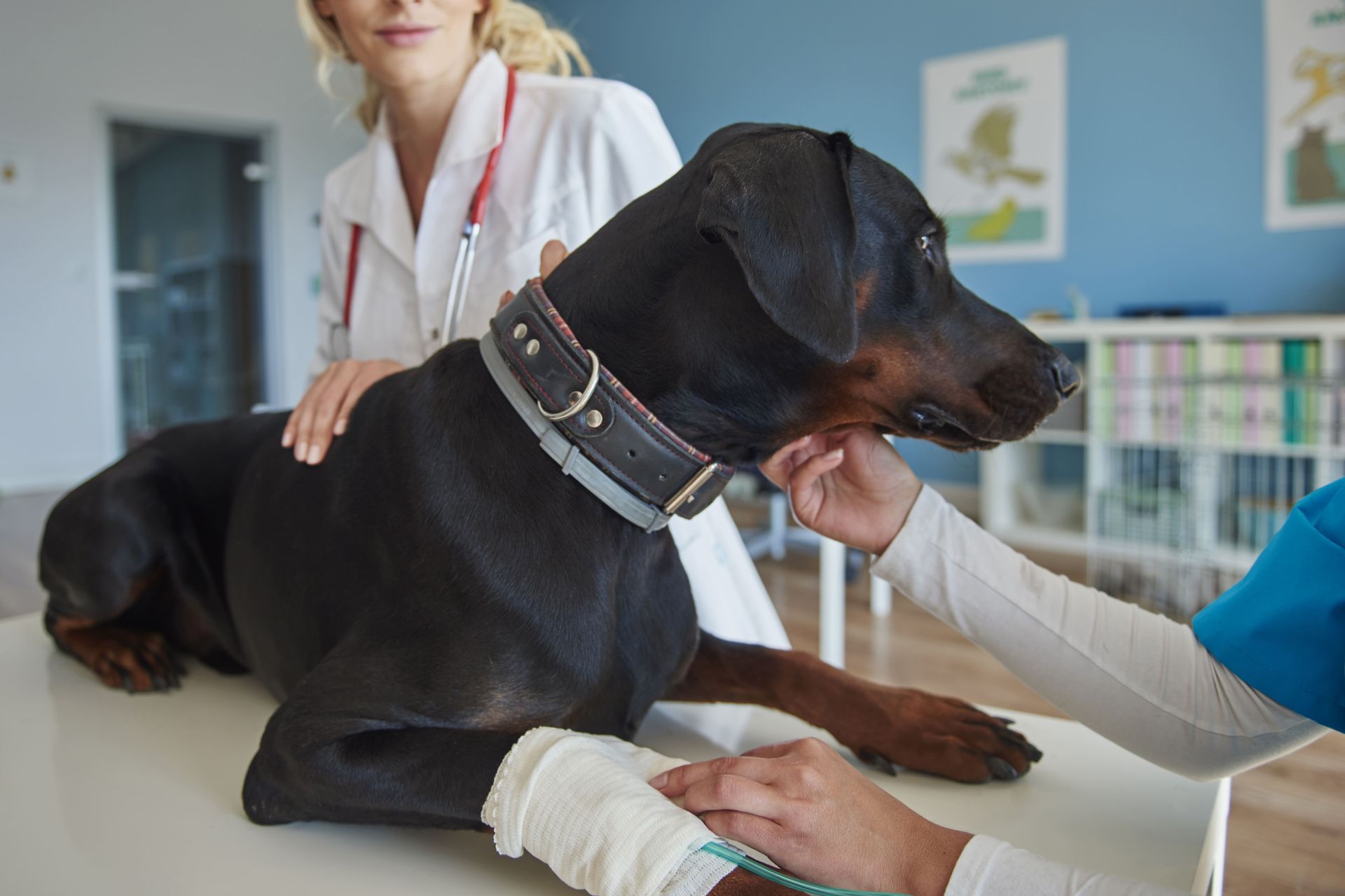Understanding the Importance of Cat Vaccines: A Detailed Guide!
When you bring a cat into your family, you take on the responsibility of protecting its health and happiness. One of the most important ways to do this is through Cat Vaccines. Vaccines are essential shields that guard your feline friend against dangerous and often preventable diseases. Even indoor cats can be exposed to illnesses through other pets, people, or unexpected contact with infected animals. That’s why understanding Cat Vaccines is a key part of responsible pet ownership. By knowing which Cat Vaccines are needed and when to get them, you help ensure a long, healthy life for your cat. This guide explains the basics of Cat Vaccines, common vaccines every cat might need, how they work, and how your veterinarian can help you create the right vaccination plan. With the right knowledge, you can confidently keep your cat safe, healthy, and happy for years to come.
The Basics of Cat Vaccination
Cat Vaccines are like tiny shields that protect our pets from formidable foes. For cats, regular Cat Vaccines can significantly reduce the risk of contracting infectious diseases that could have severe health implications. As a cat owner, understanding when and why to vaccinate your feline friend is an integral part of being a responsible pet parent. By safeguarding them against potential threats early on with Cat Vaccines, you not only ensure their long-term health but also contribute positively to the welfare of all cats by curbing the spread of ailments within the feline community.
Understanding the basics of Cat Vaccines begins with recognizing their critical role in disease prevention. Cat Vaccines work by stimulating the immune system to recognize and combat pathogens before they can cause serious illness. Essential Cat Vaccines for your cat, commonly known as core vaccines, are recommended for all cats, regardless of lifestyle. These include vaccines against highly contagious and potentially life-threatening diseases. Optional or non-core Cat Vaccines are given based on the individual cat's risk factors, such as geographic location and lifestyle.
Common Vaccines for Cats
Among the most common Cat Vaccines, the Feline Viral Rhinotracheitis, Calicivirus, and Panleukopenia (FVRCP) vaccine is often prioritized. This combination vaccine protects against three highly infectious diseases that can easily spread in feline populations, particularly in shelters or households with multiple cats. Additionally, the Rabies vaccine is crucial not only for the safety of your cat but also for public health reasons. Rabies is a zoonotic disease, meaning it can be transmitted between animals and humans, and vaccination against it is often required by law in many areas.
Another critical Cat Vaccine is for Feline Leukemia Virus (FeLV). Though not considered a core vaccine, FeLV is advised for kittens and indoor-outdoor cats who might come into contact with other cats. This virus is one of the leading causes of illness and death in domestic cats, which makes vaccination a powerful tool in prevention. Respiratory illnesses are also a concern for cats, and Cat Vaccines can help mitigate the spread of such illnesses like the Feline Herpesvirus.
How Vaccines Work to Protect Your Cat
The science behind Cat Vaccines is both fascinating and intricate. Vaccines introduce a small, harmless piece of the pathogen into your cat's body. This doesn't cause the disease but trains the immune system to recognize it as a threat. Consequently, if your cat is ever exposed to the actual pathogen, its immune system is already equipped with the necessary 'memory' to respond swiftly and effectively. This concept is similar to how vaccines in humans work and is foundational in combating various infectious diseases that cats may encounter.
It's important to note that Cat Vaccines not only protect individual cats but also help achieve a broader public health goal known as herd immunity. When a significant portion of the feline population receives Cat Vaccines, the overall circulation of the disease is decreased, making it less likely for unvaccinated animals to contract the disease. This is particularly important for diseases that spread quickly in community cat populations or places with dense cat populations, like shelters.
Assessing the Right Vaccination Schedule
When tailoring a Cat vaccine schedule for your cat, several factors come into play. A cat's age, medical history, lifestyle, and risk of exposure to diseases all influence the recommended vaccine schedule. For instance, a kitten will require a series of Cat Vaccines over certain intervals to build up their immune protection, while adult cats might need booster shots to maintain immunity.
Your veterinarian will consider these details to devise a Cat vaccine plan that best suits your cat's individual needs. Cats that roam outdoors or live in multi-cat households might require a different vaccination approach than those that are strictly indoors. Always ensure that whichever plan you follow complies with local laws and regulations regarding pet vaccinations.
Myths and Misconceptions About Cat Vaccines
A common myth about Cat Vaccines is that they are unnecessary for indoor cats. However, even indoor cats are at risk of exposure to diseases through contact with carriers like humans, other pets, and even insects. Dismissing Cat Vaccines for indoor cats can leave them vulnerable to infections that would otherwise be preventable.
Another misconception is that Cat Vaccines can cause the disease they are designed to prevent. While mild symptoms can occasionally occur after vaccination, they are generally short-lived and far less dangerous than the illnesses themselves. Cat Vaccines undergo rigorous testing to ensure safety and efficacy before they become available, which underscores the importance of adhering to vaccination guidelines.
Working with Your Veterinarian
One of the best resources for ensuring your cat’s health through Cat Vaccines is your veterinarian. They have the expertise and experience to recommend the best Cat Vaccines for your cat, depending on its age, health status, and lifestyle. Regular veterinary visits foster a strong health program and keep your cat up to date with their Cat Vaccines, aiding in long-term disease prevention.
Communication with your vet is also key when monitoring for any post-vaccination reactions, which, although rare, can sometimes occur. Veterinarians can also give you advice on what signs to watch for and what actions to take should any adverse effects arise. Their guidance ensures that any process related to your cat's vaccinations is handled with care and careful consideration.
Final Words
Ensuring that your cat is protected with Cat Vaccines is an essential step in guarding them against harmful diseases and giving them the healthy life they deserve. Cat Vaccines are a small but mighty measure that secures not only your cat’s wellbeing but also supports the health of the broader feline community.
By staying informed, working closely with your veterinarian, and following the recommended Cat Vaccines schedule, you’re giving your furry companion the best chance at a long, happy, and healthy life. So, take this step with confidence — your cat will thank you for it with many purrs and playful moments for years to come!

